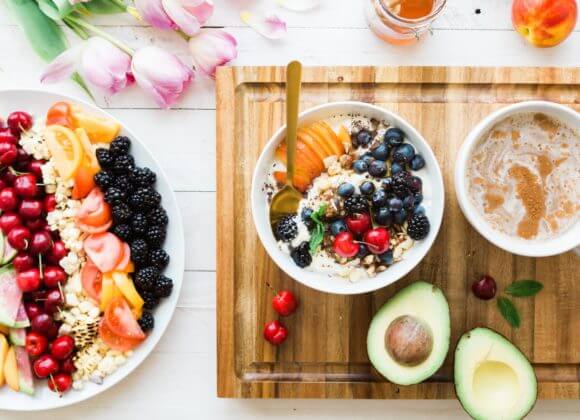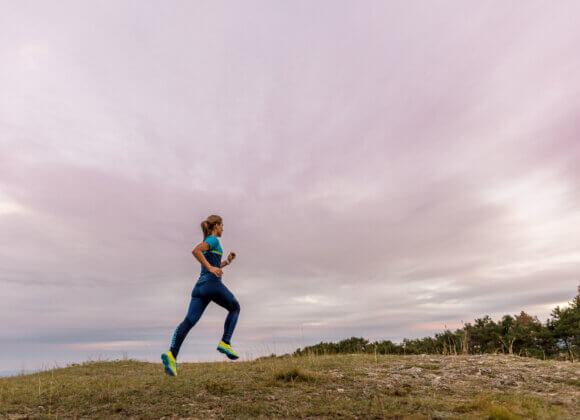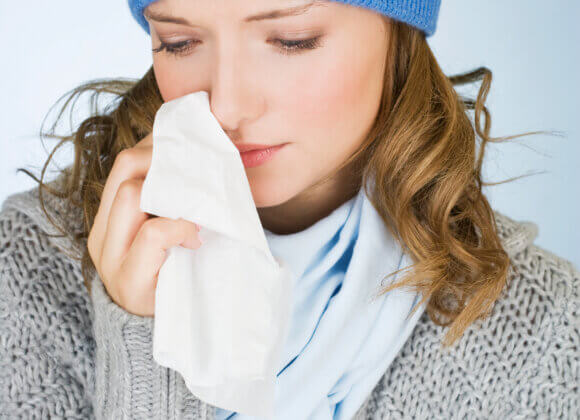Living longer – and in the best possible health: this is exactly what longevity medicine promises, a young field of preventive medicine that is gaining in importance worldwide. Dr. Karin Stengg is one of the leading experts in this field in Austria. The Viennese specialist in trauma surgery and orthopaedics has been working intensively on the topic of ageing for several years. In this interview, the President of the International Society for Healthy Aging Medicine explains why genes only determine a small part of our ageing, why lifestyle choices are crucial – and what measures everyone can start with immediately.
Dr. Stengg, what is meant by the term longevity? Is it just about living longer – or rather a healthier, more active life?
Healthy ageing and longevity medicine is a new form of preventive medicine – in contrast to traditional repair medicine. It focuses on the early detection of risks and predispositions that can promote illness. The aim is to preserve biological age for as long as possible, to promote both physical and mental health and to prevent chronic diseases. Premature ageing or early illness is determined by genetics and epigenetics – and this is precisely where longevity medicine comes in: It aims to extend the health span.
Which principles of longevity are considered the most scientifically proven?
Numerous studies show that epigenetic processes can also be modified in adulthood. The enzymes required for methylation remain active even in the adult brain. These processes affect all pillars of longevity medicine: nutrition, exercise, sleep, stress management, gut microbiome, hormones and bone health.
There are many buzzwords – from “blue zones” to “biohacking”. What is sound science and what is more of a lifestyle trend?
The studies on the so-called Blue Zones are not conclusive, but they do point to valuable factors: a healthy diet, regular exercise, social contacts and good stress management. These are all aspects that are linked to epigenetics and are important for a longer health span. Biohacking needs to be differentiated: Some approaches are well-founded and scientifically researched, others are pure wellness trends with no scientific basis.
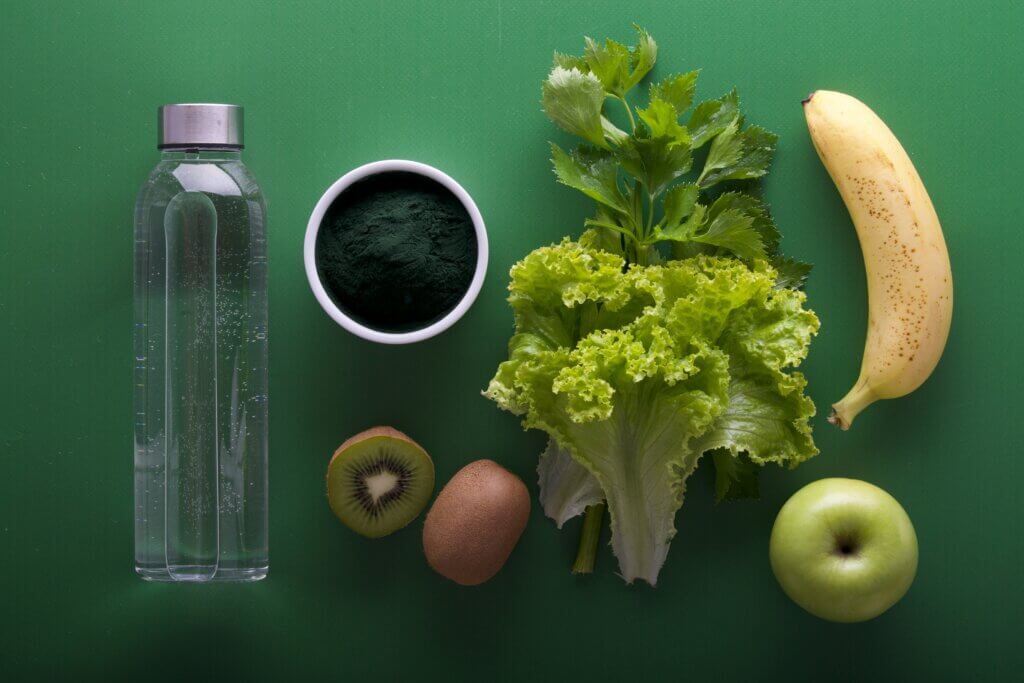
How big is the influence of genes, and how big is the influence of lifestyle? Can daily habits actually slow down the ageing process?
Genetics accounts for no more than 30 to 35 percent. The real power lies in epigenetics – in other words, in our lifestyle. This is precisely where longevity medicine comes in: It attempts to positively influence the epigenome by changing and optimizing lifestyle factors. Today, we can even measure our biological age to find out how old we “really” are.
Many people associate longevity with high-tech medicine and supplements. What role do traditional factors such as diet and exercise play compared to innovative methods?
A very big one. Studies show, for example, that fasting activates certain longevity genes. Avoiding gluten and cow’s milk products reduces silent inflammation, which has a strong influence on biological age. Interval training, on the other hand, stimulates longevity genes and improves methylation – the switching on and off of genes – on almost 8,000 genes. Nutrition and exercise are therefore central pillars.
Which developments or research results in the field of longevity fascinate you personally the most – and why?
I find epigenetics and epigenetic inheritance over generations particularly exciting. It covers almost all areas of lifestyle – and shows that we can actively shape how long and how healthy we live.
What are the biggest misconceptions about longevity?
A common misconception is that you don’t need a lifestyle change – or that supplements alone can “cure everything”. Neither is true.
How can you implement longevity in everyday life? What three measures would you recommend to someone who wants to start immediately without much effort?
- Stress reduction: through guided meditation or activation of the vagus nerve, for example through daily singing or gargling.
- Exercise: increase so-called NEATs (non-exercise activity thermogenesis) – i.e. small everyday movements such as climbing stairs, walking or standing up. If these are repeated with short intensive phases, calorie consumption increases considerably.
- Diet: no raw food after 4 p.m. and possibly try Sara Gottfried’s “hormone diet”: For 21 days, eliminate certain foods such as sugar, gluten, meat and milk that negatively affect hormonal balance.

It is often said that 40 is the new 30. Is it true that we actually age younger?
In countries such as Italy and Spain, people are ageing more healthily – thanks to diet, lifestyle and social factors. Globally, however, most people continue to age too early and fall ill too soon.
Finally, a personal question: What made you focus so intensively on the topic of longevity? And how has it changed your own lifestyle?
A few years ago, I was asked to develop a new concept for a healthcare facility. I learned about longevity medicine in the USA – and was immediately fascinated because it offered a real way out of pure repair medicine for the first time. For me personally, I analyzed my genetics and have since been careful not to burden my body with things that it cannot process well.
Our expert
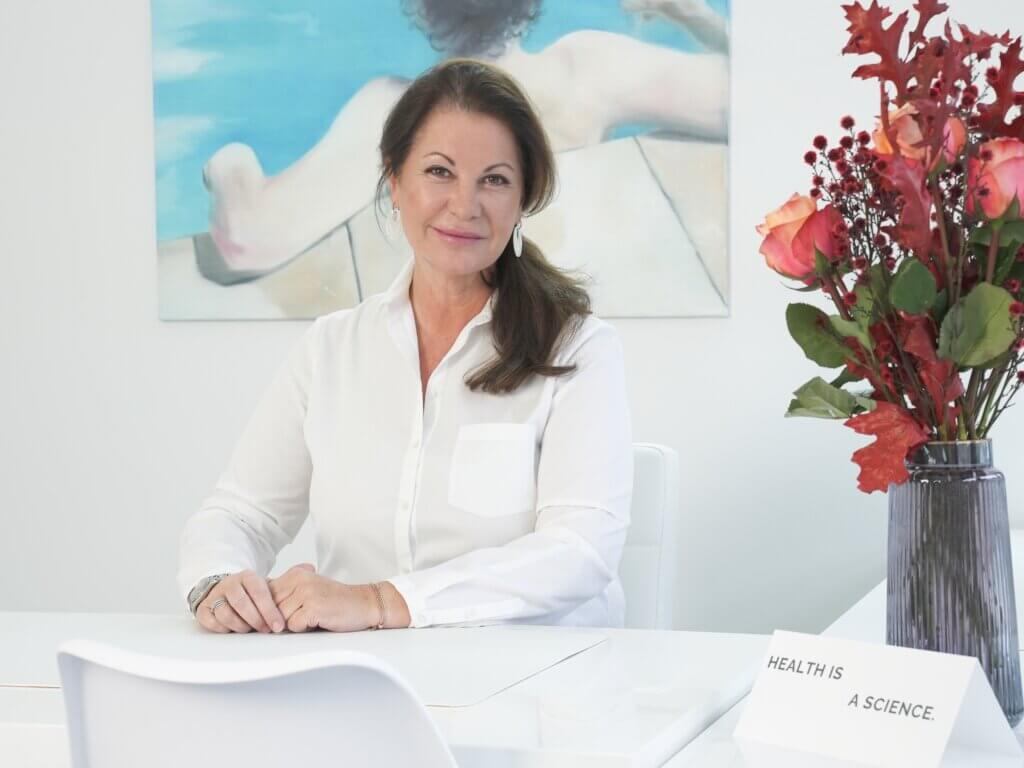
Dr. Karin Stengg is a specialist in trauma surgery and orthopaedics and President of the International Society for Healthy Aging Medicine.
Website: https://www.drkarinstengg.com
Related posts:
Running for beginners – how do you get off to the right start?




